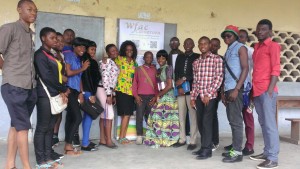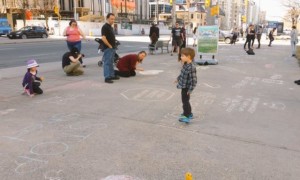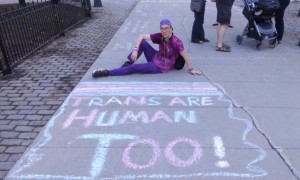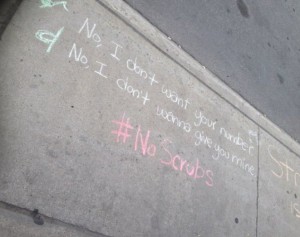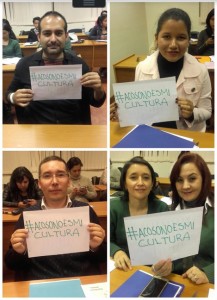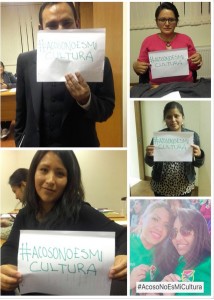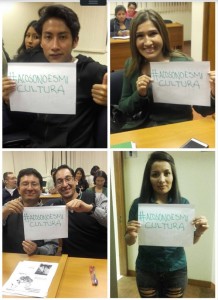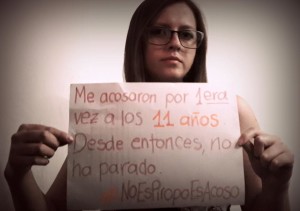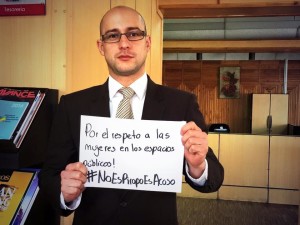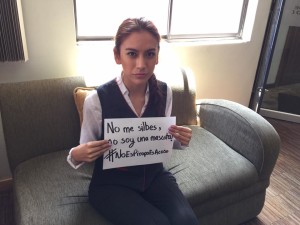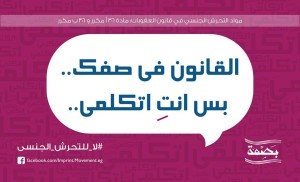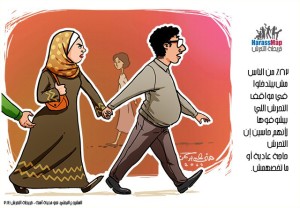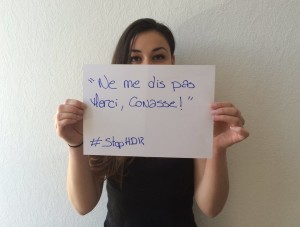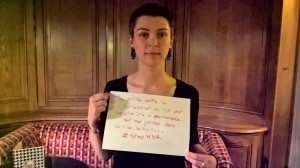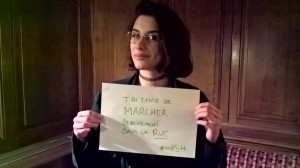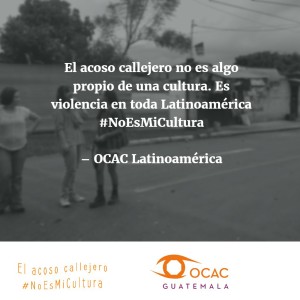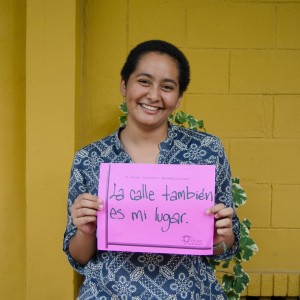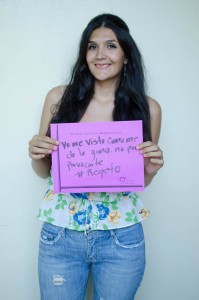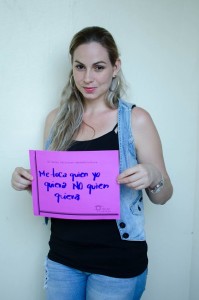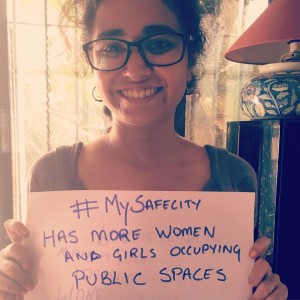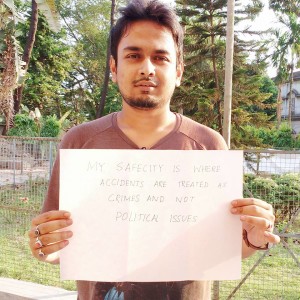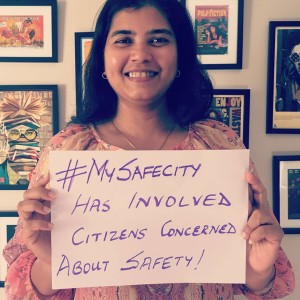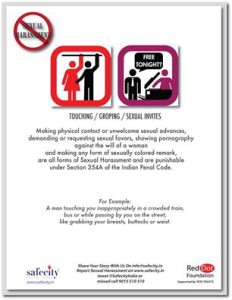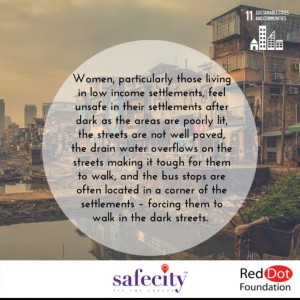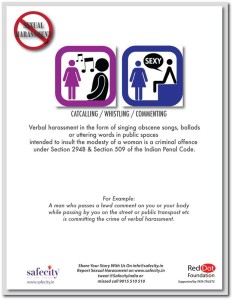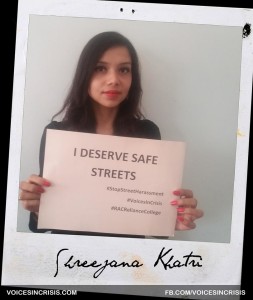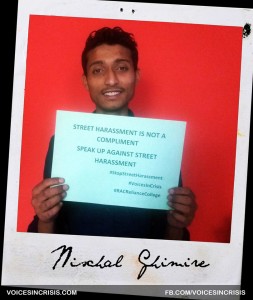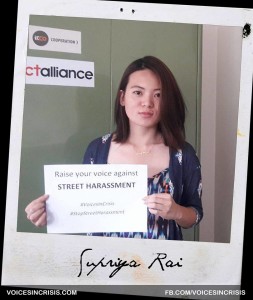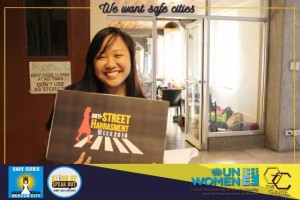Two big stories this week –> a new anti-harassment campaign in the UK and a new law introduced in the Philippines
“A poll by England Athletics revealed that a large proportion of women feel anxious when running alone, with nearly half of those surveyed stating that this is due to personal safety concerns…
Of those who had experienced harassment, shouting and car horns beeped by passing motorists were the most common.
But RunTogether, a national programme from England Athletics to get more people jogging regularly, aims to erase this via its This Girl Can Run campaign…
The RunTogether website provides instant access to a rapidly growing network of multiple local running groups in Lancashire.”
“Sen. Risa Hontiveros [in the Philippines] filed on Tuesday a bill that seeks to protect women and members of the lesbian, gay, bisexual and transgender (LGBT) community from harassment, especially on the streets and other public spaces.
Hontiveros said she filed the measure, Senate Bill 1326, in response to the growing number of gender-based harassment in public spaces such as the case of a female student from the University of Santo Tomas (UST) who was allegedly groped in a public utility vehicle by a fellow student.
The bill, also known as the “Safe Streets and Public Spaces Act of 2017,” seeks to penalize gender-based street and public spaces harassment such as catcalling, wolf-whistling, cursing, leering, groping, persistent request for name and contact details and the use of words tending to ridicule on the basis of actual or perceived sex, gender expression, or sexual orientation and identity including sexist, homophobic and transphobic slurs.”
Quezon City already has a similar bill at the city-level, passed last year.


